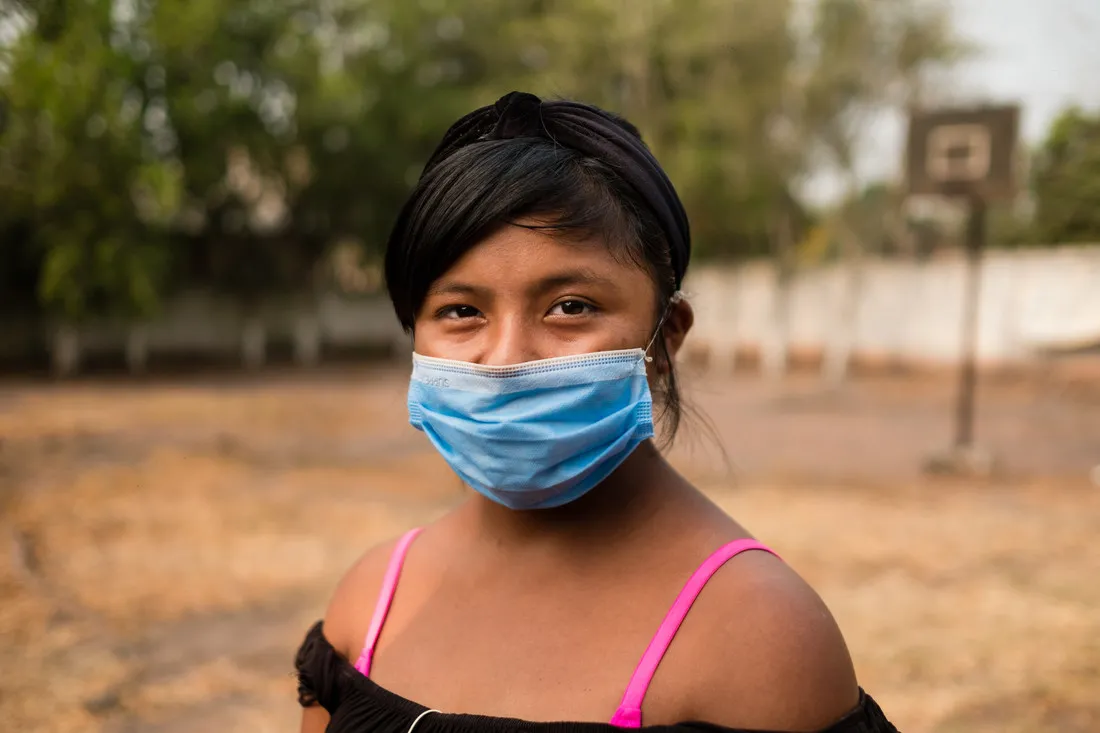
As COVID-19 upended lives, communities, and economies across the world, women and girls have felt a disproportionate impact from the pandemic. Although governments responded with varying degrees of success, some of the most compelling and effective response has come from NGOs and the private sector. This report shares global trends related to COVID-19’s impact on women, CARE’s recommended responses to protect women and girls, and how select private sector actors have responded.
Over the past few months, the gender justice team has been conducting desk reviews and consultations to understand the current knowledge and magnitude of technology facilitated gender-based violence. This document is developed from publications by UNFPA; UN women; center for information resilience and from research and articles presented during the SVRI forum 2024 and other similar learning events. Read More
The Martawa Zuromaye project in northeast Nigeria supports the enhancement of survivor-centered efforts to prevent, mitigate, and respond to all forms of gender-based violence (GBV), early and forced marriage (EFM) and female genital mutilation and cutting (FGM/C). After two years of implementation, the project team and partners met in Nigeria to take stock of the project implementation thus far, re-energized efforts towards achieving the goals, and strategized for more effective implementation in the years ahead. Read More
In conflict-affected Northeast (NE) Nigeria, the destructive influence of Boko Haram has left GBV-focused civil society organizations (CSOs) struggling to effectively prevent and respond to violence. The Martawa Zuromaye project is employing the principles of its globally recognized Gender Equality Framework to empower survivor-centered, women-led civil CSOs and local communities to more effectively fight GBV. This report assesses the impact of training local partners. Read More